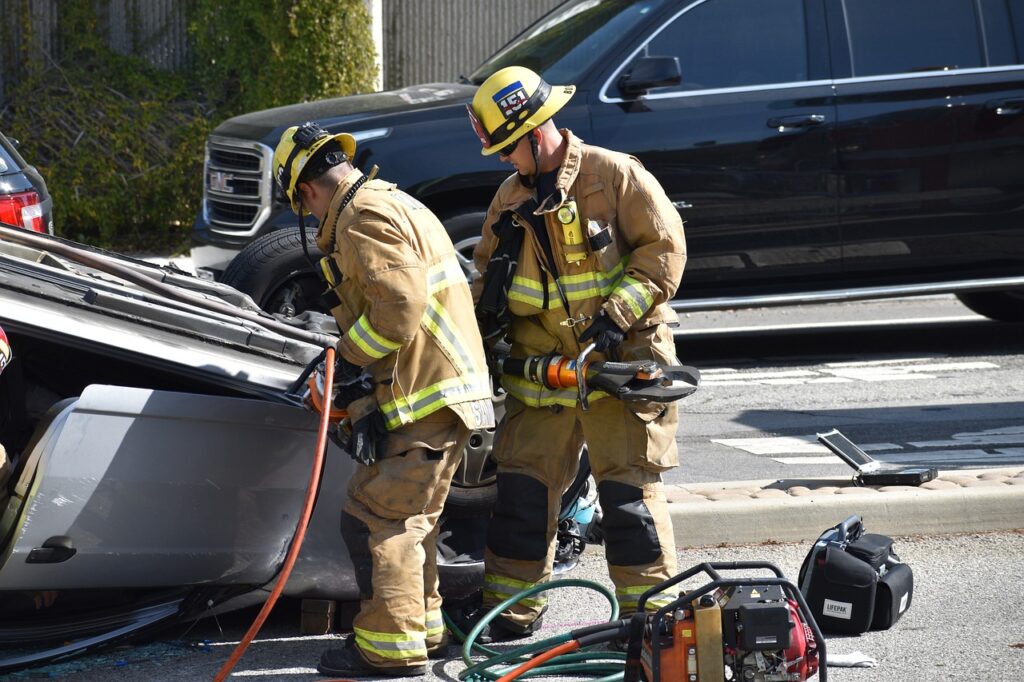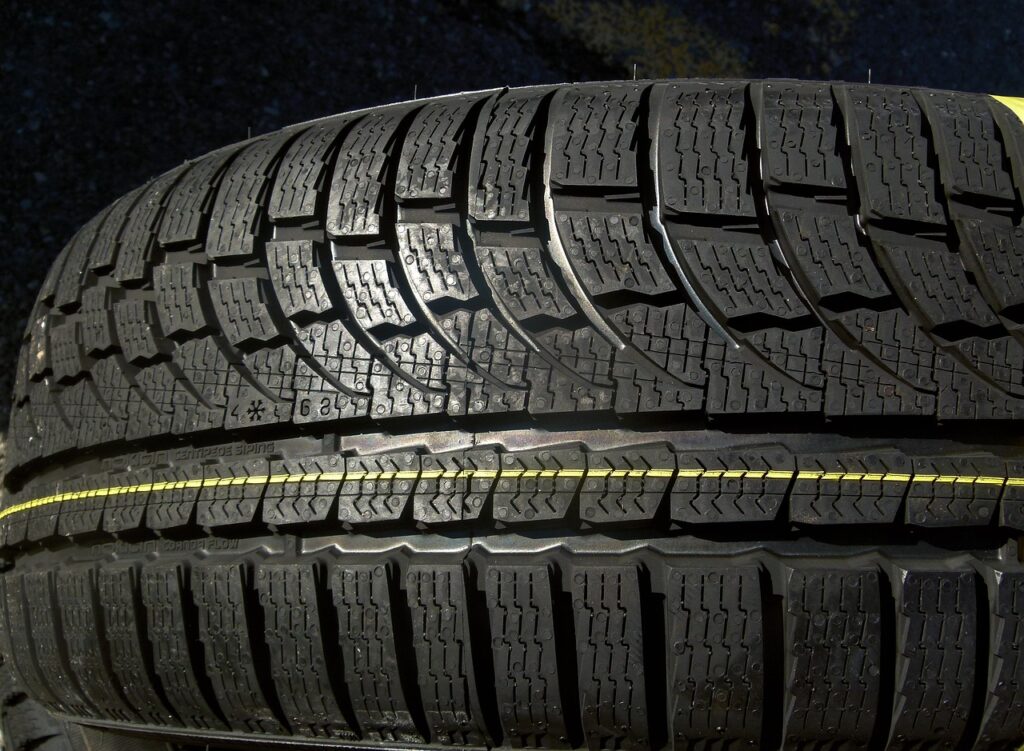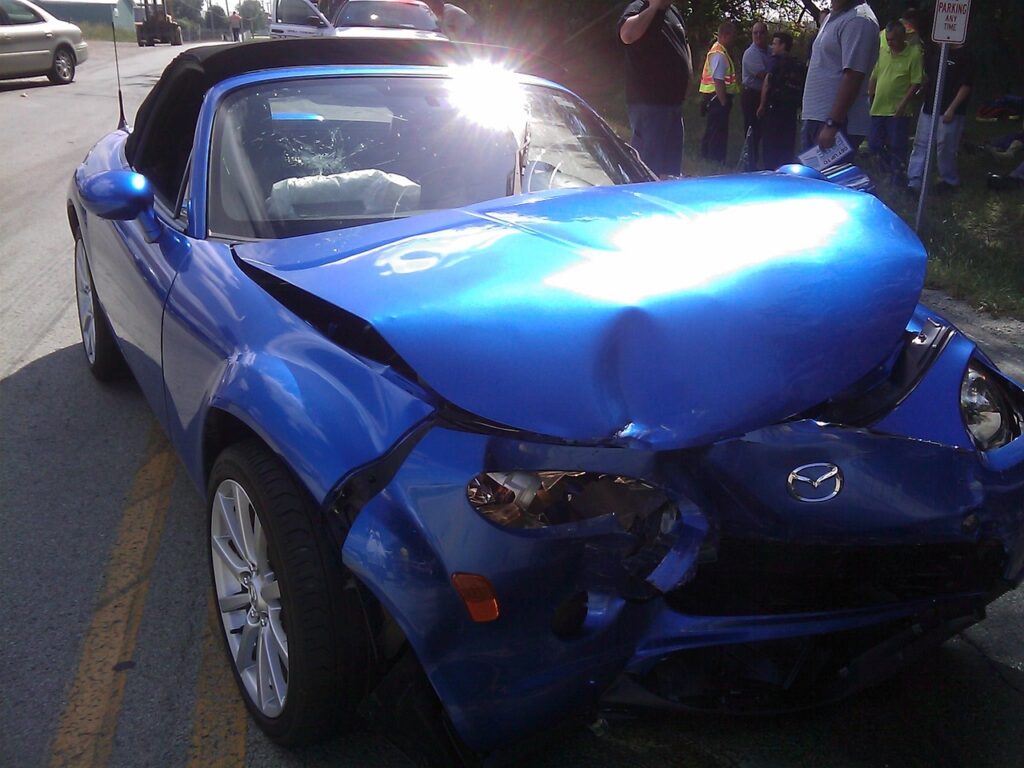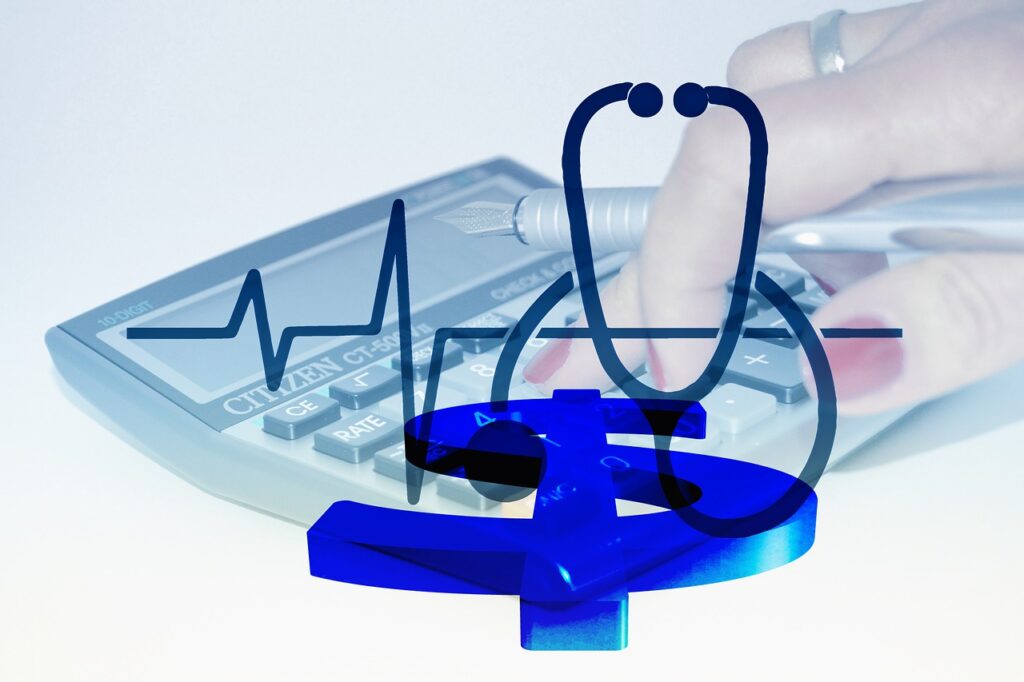Federal Regulations on Driving Hours for Commercial Truck Drivers
In the United States, commercial truck drivers play an essential role in transporting goods across the country. However, the demands of the job—long hours, strict delivery schedules, and pressure from employers—can lead to driver fatigue, which poses a serious risk on the road. To address this issue, the Federal Motor Carrier Safety Administration (FMCSA) has implemented a set of rules known as the Hours of Service (HOS) regulations. These rules govern how long truck drivers can be behind the wheel before they’re required to take breaks or rest. At Big River Trial Attorneys in Baton Rouge, LA, we’ve seen firsthand how dangerous fatigued driving can be, especially when it involves large commercial vehicles. Understanding these federal regulations is important for both truck drivers and accident victims. Here’s a breakdown of the key rules: The 11-Hour Driving Limit Under FMCSA rules, commercial drivers are only allowed to drive for a maximum of 11 hours following 10 consecutive hours off-duty. This is the primary daily driving limit and is designed to reduce fatigue-related accidents. The clock starts once the driver comes on duty and begins work-related activities, whether that’s driving, loading cargo, or conducting safety inspections. The 14-Hour Rule Drivers have a 14-hour window in which they are allowed to complete their 11 hours of driving. This means once a driver starts their workday (regardless of when they begin driving), they have 14 hours to complete all tasks—including driving, breaks, and non-driving duties—before they must stop and take 10 consecutive hours off. Even if the driver has not driven for 11 full hours during this period, they cannot legally continue driving after the 14-hour window closes. 30-Minute Break Requirement If a driver has been on duty for 8 cumulative hours without taking at least a 30-minute break, they are required to take one. This break can be off-duty, on-duty but not driving, or in a sleeper berth. This rule aims to encourage drivers to pause, rest, and recharge during long hauls, reducing the risk of microsleeps and inattention behind the wheel. The 60/70-Hour Limit There are also weekly limits in place to ensure drivers don’t become overly fatigued over multiple days of work. These limits are: • 60 hours on duty in 7 consecutive days, or • 70 hours on duty in 8 consecutive days Once a driver hits these limits, they must take at least 34 consecutive hours off duty to reset their weekly cycle. This “restart” period helps to ensure drivers are getting enough rest between intense workweeks and aren’t simply stacking long hours back-to-back. Why These Rules Matter Fatigue is a leading cause of serious truck accidents. Studies show that a fatigued driver can be just as dangerous as a drunk driver. Large trucks require longer stopping distances and have bigger blind spots than passenger vehicles. When a truck driver is sleep-deprived or drowsy, the consequences can be deadly. At Big River Trial Attorneys, we represent victims who have been injured in commercial truck accidents. Often, we find that violations of HOS regulations play a role in these crashes. Through logbook checks, electronic logging device (ELD) data, and witness testimony, we work to hold negligent trucking companies accountable when they ignore safety rules. What Should You Do After a Truck Accident? If you or a loved one has been injured in a crash involving a commercial truck, it’s important to seek legal help right away. Trucking companies and their insurers will act quickly to protect themselves—and evidence can disappear fast. Contact Big River Trial Attorneys in Baton Rouge for a free consultation. We’ll investigate the circumstances of the crash, determine whether federal regulations were violated, and fight to get you the compensation you deserve.










